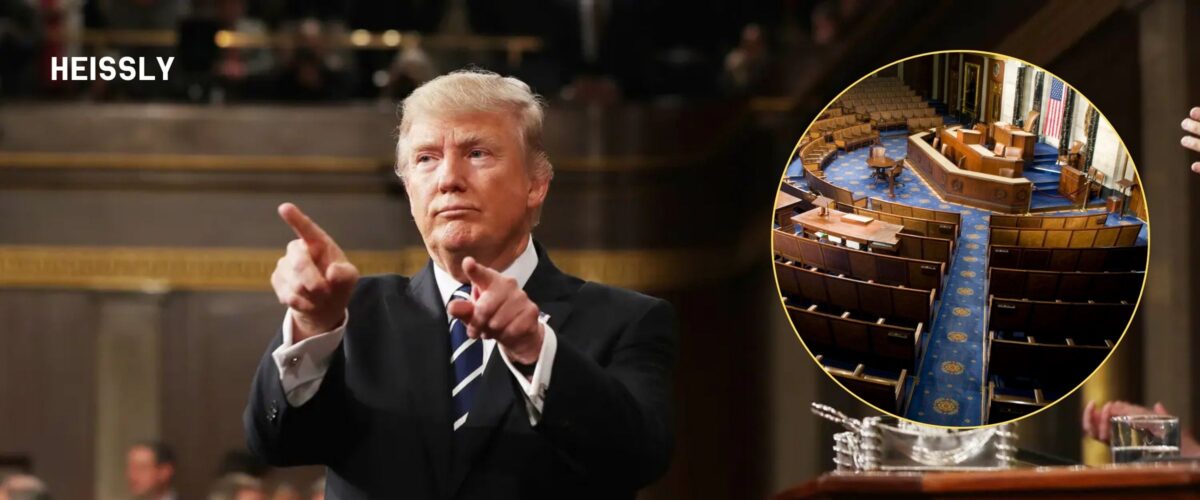Inside the GOP Rift Over Trump’s Push for Recess Appointments
By | Heissly.com
As Washington prepares for its summer recess, an unexpected battle is unfolding—not between Republicans and Democrats, but within the GOP itself. President Donald Trump’s effort to fill more than 130 vacant administration posts with recess appointments is facing resistance from Senate Republicans determined to block the tactic.
What’s at Stake?
Recess appointments allow the president to temporarily install officials without Senate confirmation if both chambers adjourn for at least 10 days. While legal, this constitutional maneuver is controversial and rarely used.
The House has recessed, but the Senate is holding short “pro forma” sessions—brief meetings without real business—to technically stay in session and prevent the 10-day clock from starting. This tactic is designed to stop the president from bypassing Senate confirmation.
GOP Senators Push Back
Several senior Republican senators, including Senator Thom Tillis, have voiced concerns about the president’s push. Tillis called recess appointments “bypassing one of the unique responsibilities of the U.S. Senate,” underscoring the Senate’s constitutional role in vetting nominees.
Tillis also singled out Ed Martin, a nominee for a key legal post, saying he would oppose the appointment due to concerns over the advice the president is receiving.
Not all Republicans agree. Senator Mike Lee criticized the blockade on social media, urging the Senate to either confirm nominees before recess or recess without pro forma sessions to allow appointments.
Senator Markwayne Mullin echoed frustrations, suggesting leadership should either end the recess or allow the president more freedom to fill posts. Senate Minority Whip John Thune is reportedly working on bipartisan agreements to confirm some lower-level nominees.
Political and Constitutional Implications
Blocking recess appointments safeguards Senate authority but risks alienating the conservative base eager to see government posts filled. For Trump supporters, procedural delays can look like political obstruction.
Moreover, the use of recess appointments raises long-term constitutional questions. Appointees can serve until the end of the next congressional session without Senate approval—potentially circumventing the Senate’s “advice and consent” role.
What Comes Next?
Unless a last-minute deal emerges, the Senate is expected to continue its pro forma sessions, keeping the door closed on recess appointments for now. But the internal Republican divide over the issue reveals a party wrestling with its identity and strategy.
In the coming weeks, the battle over appointments could define how much power the Senate cedes to the executive branch—and whether Senate Republicans fully back the president they helped reinstall.
